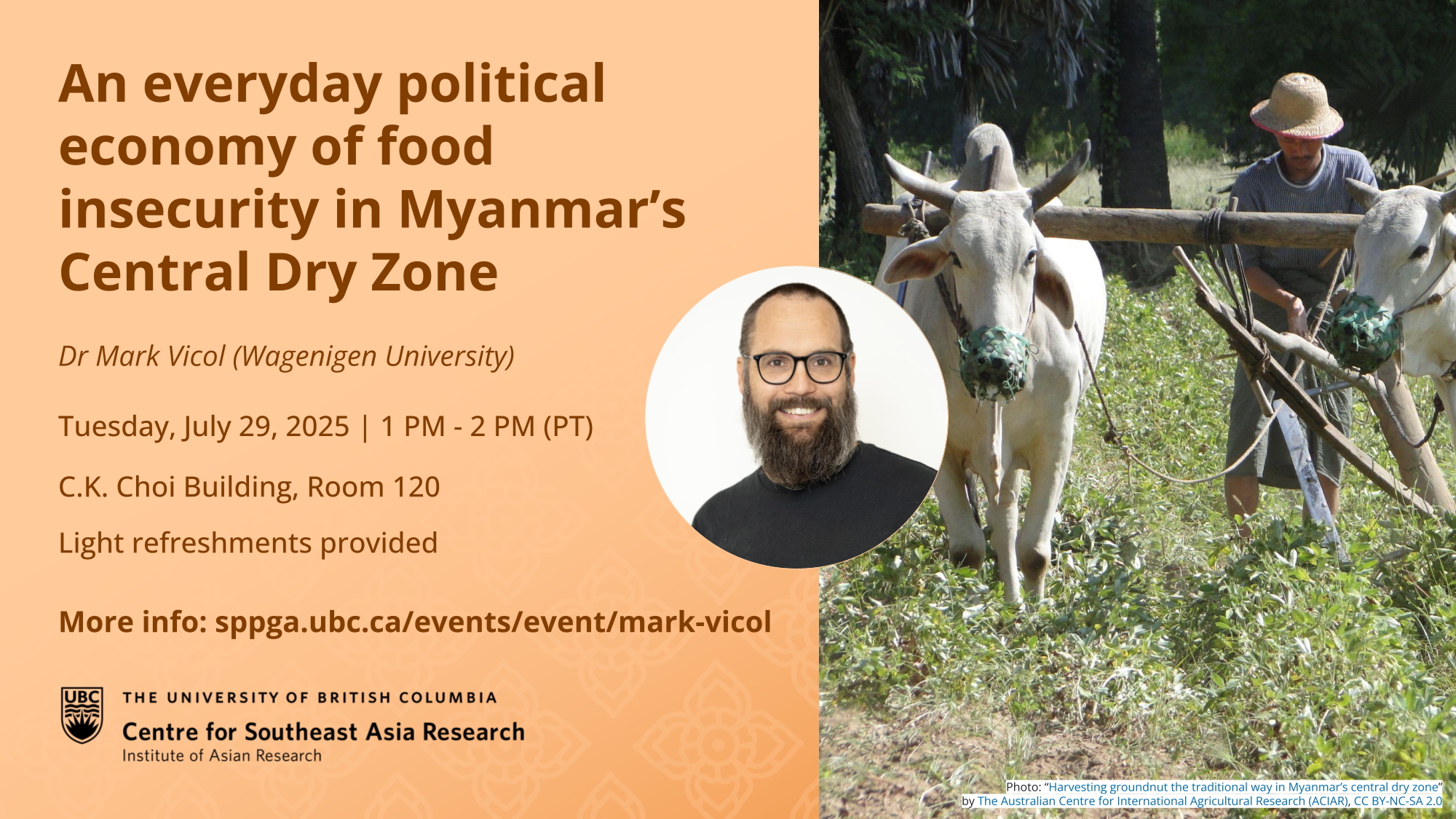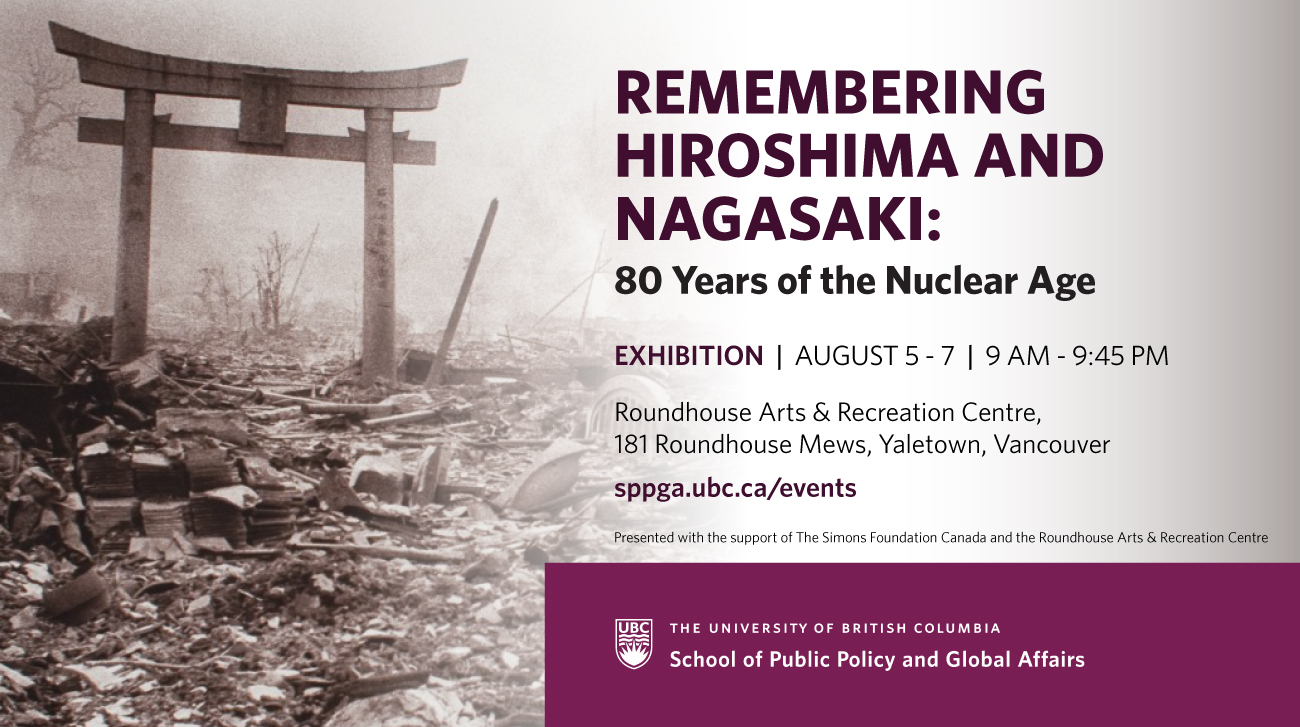

With Dr. David Bello
Professor of History, Director of East Asian Studies, Washington and Lee University
This lecture considers some implications of Niche Construction Theory—the notion that life forms can adaptively modify their surroundings—for an environmental analysis of attempts to control locusts in cereal fields in north China during the eighteenth and nineteenth centuries during China’s last dynasty, the Qing (1644-1912). In the process human social structures were altered to deal with contradictory demands of timely interventions in the locust life cycle and in cereal cultivation to selectively deny a niche to the insects while maintaining one for the plants.
The empire’s agricultural niches, however, provided not only a habitat for human-cultivar interaction, but also, inadvertently, one for locusts. As an anthropogenic construct, the high concentration of cereals unintentionally promoted swarming behavior in locusts by attracting large concentrations of normally solitary insects. Swarming is stimulated by frequent hind-leg receptor contact between individual locusts that releases the neurotransmitter serotonin (a process called “density-determined phase polymorphism”), which occurs at much higher rates where food is concentrated. Consequently, cereal fields also maximized the insect yield. Fields, as manifestations of human “behavioral plasticity” or “extended phenotype” or “ecosystem engineering,” actually created a niche conflict between people and locusts largely determined by the insects’ lifecycle to which humans were forced to respond because of their dependency on cereal cultivars.

